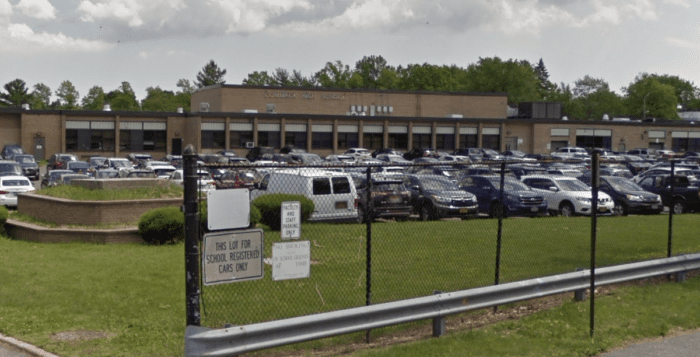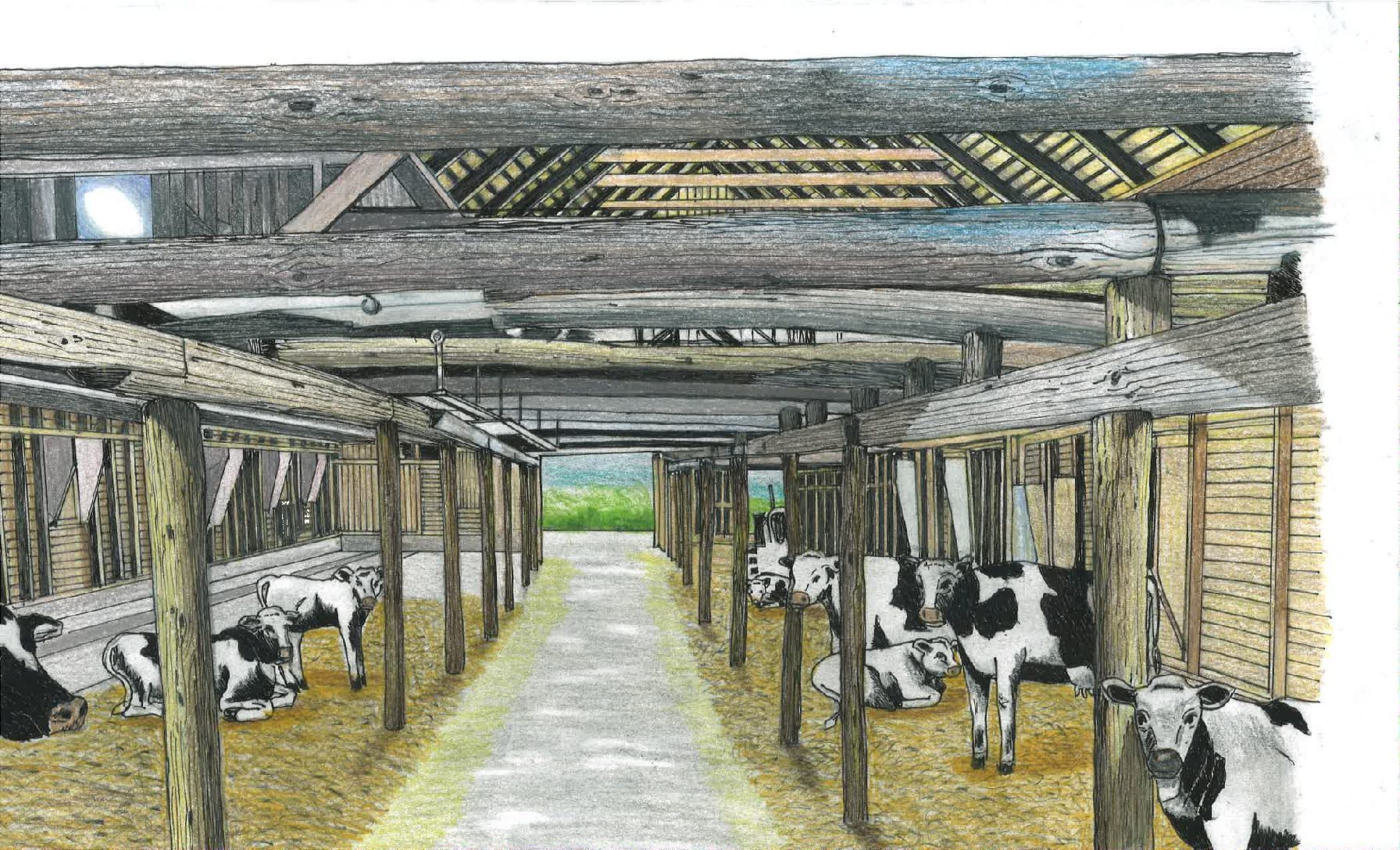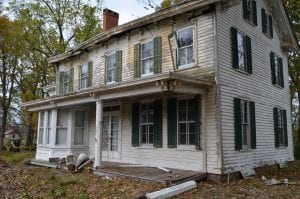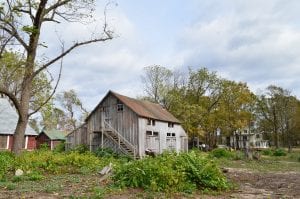By Harry To
The Commack school district is in the midst of adopting a new budget for the 2021-22 school year. The revised budget reduces the planned tax increase from 1.99% last year to 0.99% and establishes funding allocation for the district with a 2.69% budget-to-budget increase. There will be a budget hearing this Thursday, May 6, with a final vote on Tuesday, May 18.
Along with the new budget vote, incumbent Jarrett Behar will face off against longtime Commack resident Gustave Hueber for a spot on the Commack school district board of education.
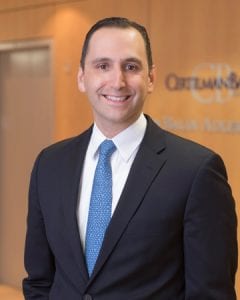
Jarrett Behar
A board member for six years, Behar has put an emphasis on keeping tax rates low while also focusing on ensuring a smooth transition back to in-person instruction.
“We will continue to run the board in a fiscally conservative manner to ensure that students can achieve the futures that they want while keeping tax rates low,” he said in a phone interview.
While currently serving as the vice president of the board, Behar has resided in the Commack school district for 15 years. In an email, he touted his lengthy experience, as well as his extensive community involvement.
“That wealth of community involvement allows me to understand the concerns from all corners of Commack,” he said. “I am able to listen to ideas and concerns from a variety of different sources and advocate to the district administration on behalf of our community.”
In his personal life, Behar is a practicing attorney. A partner at a Hauppauge-based law firm, Certilman Balin, he graduated from New York University School of Law in 2000 and served as the competitions editor on the NYU Moot Court Board student academic journal.
He has children attending Commack schools, a major reason for his candidacy.
“I have two children in Commack schools and more than anything, I want them and all children in my hometown to receive a top-quality education,” Behar said. “I truly care for this community and its residents, working hard to serve our people in one capacity or another for almost a decade.”

Gustave Hueber
The challenger, Gustave Hueber, is also an active community member.
After graduating from Binghamton University and Queens College, Hueber began his 34-year career in education that includes being a school psychologist, assistant principal and, currently, principal of The Three Village Academy — an alternative high school in the Three Village school district.
Hueber has a long history in Commack. Having resided in the district for 22 years, he has had three kids go through the Commack school district, with his youngest graduating high school in 2020.
“All three received an excellent education at Commack and were well prepared for their college experience,” he said in an email.
Throughout his time in the district, he has been a coach for Commack Little League, PAL football and basketball at Christ the King CYO in Commack. Hueber attributes this experience to his children being active in sports.
Like his opponent, he has put an emphasis on reopening schools. However, he is critical of how Behar and other board members have handled their reopening plans.
“The reopening plan, which was proposed and implemented during 2020-21 by the current BOE members and the superintendent, was a disappointment to many,” he said. “After closing school last spring for almost four months, their reopening plan continued to leave students sitting home every other day since September, with no plan to have them return.”
He said that neighboring school districts dealing with a similar situation to Commack were able to return to five-day-a-week instruction while others returned to full instruction for the spring semester.
Another plan he hopes to implement is an alternative school program, which is similar to the one that he currently spearheads at The Three Village Academy. The program is aimed at kids who deal with a variety of issues such as depression, anxiety and bullying.
“The kids in my experience get along great with one another,” he said in a phone interview. “They all have stories to tell, and it’s just a great environment.”
He believes that his insight will provide an invaluable perspective on a school board where educators are sparse.
“The people on the board are lawyers, engineers and that’s great, but my 34 years as an educator means I know the questions to ask,” he said. “The way I see it is if I wouldn’t support something as a parent, why would I advocate for it as a board member? A lot of the time there’s a lot of emphasis on how something can be done without thinking about the consequences.”
The budget and board of education votes will take place May 18 at Commack middle and high schools from 6 a.m. to 9 p.m.

